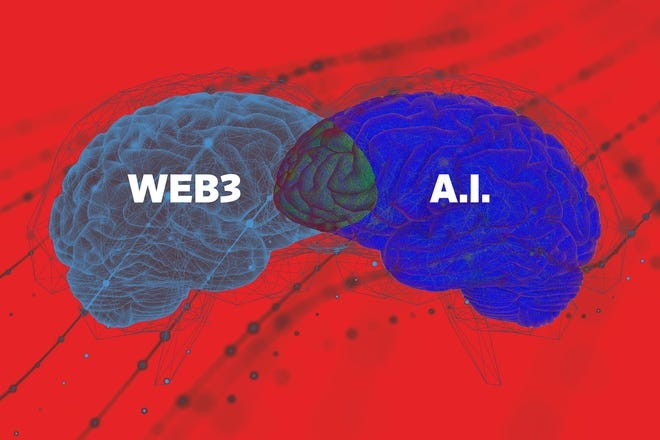In recent years, the rate of adoption of new technologies has accelerated beyond what studies predicted. In fact, according to IDC, global spending on digital transformation during 2022 reached 1.8 trillion dollars, 17.6% more than in 2021. IEBS Digital School points out the technological and business trends that will transform organizations in 2023:
Generative AI
Generative Artificial Intelligence is a set of machine learning methods that learn about content or objects from your data. Currently, we are experiencing a moment of great change in which AI is capable of generating new content in text, video and image formats, with tools such as Chat GPT, Stable Diffusion or Whisper. In fact, a Gartner study indicates that Generative AI will represent 10% of all data produced by 2025.
Extended Reality
Extended reality encompasses virtual reality, augmented reality and mixed reality, and relates them to each other by eliminating the barrier of distance. In 2023 the metaverse, together with the appearance of new sensory electronic devices, will generate a parallel reality. According to a report prepared by PwC, this industry is expected to cause a global economic impact of more than 1,500 trillion dollars by the year 2030.
Web3
The NFT revolution has only just begun, and blockchain development company will be one of the foundations of the new Web3, the third generation of Internet services for websites and applications. Web3 will make them smarter, more connected and open, changing both the way they are made and the way people interact. This year we will witness great advances in its development, especially in the implementation of solutions focused on improving the interoperability and scalability of the network.
Digital Health
We have never had so many devices capable of real-time monitoring of health indicators with diagnoses based on Artificial Intelligence. This year we will see a greater application of ICT in the health sector, allowing more efficient management that improves the satisfaction and quality of life of patients, both in the private and public sectors. In fact, a few months ago the Government of Spain announced that it will allocate more than 230 million euros to promote the digital transformation of Primary Care in the National Health System.
Clean, massive and decentralized energy
Currently, the energy industry is at an inflection point. Hydrogen and nuclear fusion compete to bring us to a society where energy is not a limitation. In addition, guaranteeing the world's energy supply and achieving carbon neutrality by 2050 will depend heavily on distributed energy resources (DERs) and smart grids.
Secure Data Driven Companies
The growth in the value of data for companies does not stop growing, as well as its security. With increasingly clear-cut and specialized professions, cybercriminals are becoming more professional. In 2022, cyberthreats increased by 28% compared to 2021, according to Sophos data, and in 68% of cases, cybercriminals managed to encrypt the files of the attacked companies. Although more and more blockchain development company implement new technologies and services to protect themselves, there is still a long way to go.
Smart Manufacturing
A revolution in the automation of production processes is expected thanks to robotization, RPA and AI systems, improving productivity, producing higher quality and innovative products and improving aspects such as energy efficiency. According to a Microsoft study, most manufacturers are advancing in the development of smart factories. 72% stated that they were implementing their smart factory strategy, with the aim of improving operations.
“The Fourth Industrial Revolution is completely transforming the job market at breakneck speed,” explains Pascual Parada, IEBS Academic and Innovation Director. In reality, the European institutions predict that 20 million ICT professionals will be employed, thus training in this area to keep current has become necessary. The majority of recruiting in the future will be focused around information technology.







